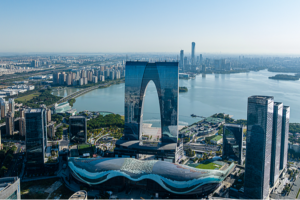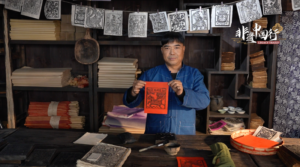
China Mediates Cambodia-Thailand Peace Breakthrough as Ceasefire Holds
China facilitates Cambodia-Thailand peace talks in Beijing, building on 2025’s Fuxian consensus to stabilize regional relations through academic diplomacy and ceasefire implementation.

Ukraine Peace Talks Shift to Geneva Amid Signs of Russian Political Pivot
Russia appoints veteran negotiator Vladimir Medinsky as Ukraine peace talks move to Geneva, signaling potential focus on political solutions. U.S. urges urgency amid trilateral discussions.
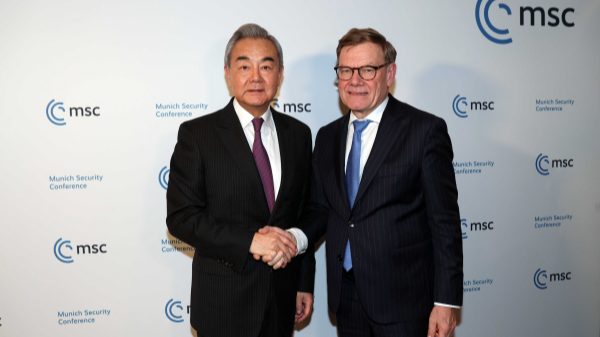
China, Germany Urge Joint Push Against Unilateralism at Munich Talks
Chinese Foreign Minister Wang Yi calls for strengthened Sino-German cooperation to counter unilateralism and promote global stability during Munich talks.
Chinese, Austrian Foreign Ministers Discuss Bilateral Ties at Munich Conference
Chinese and Austrian foreign ministers strengthen bilateral cooperation at Munich Security Conference, discussing economic ties and regional stability.
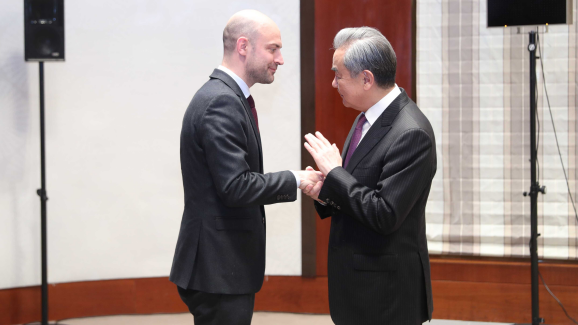
China, France Urge Stronger UN Role Amid Global Challenges
Chinese FM Wang Yi and France’s Jean-Noel Barrot emphasized UN’s role in global governance during Munich talks, pledging closer cooperation on multilateral initiatives.

China, Germany, France Hold Trilateral Talks in Munich
Foreign ministers from China, Germany, and France discuss global security and economic cooperation at the Munich Security Conference, emphasizing multilateral solutions.
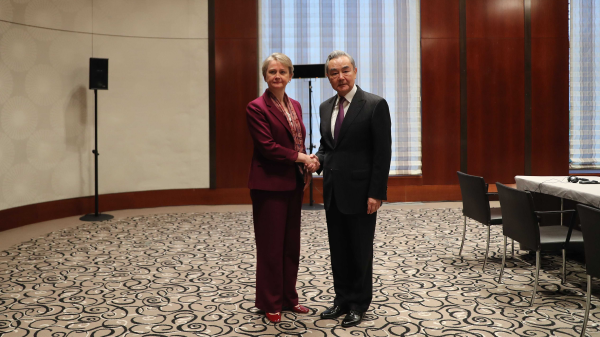
China, UK Urged to Deepen Strategic Cooperation Amid Global Challenges
Chinese Foreign Minister Wang Yi emphasizes the need for enhanced China-UK collaboration on global security and economic growth during Munich talks with British counterpart Yvette Cooper.
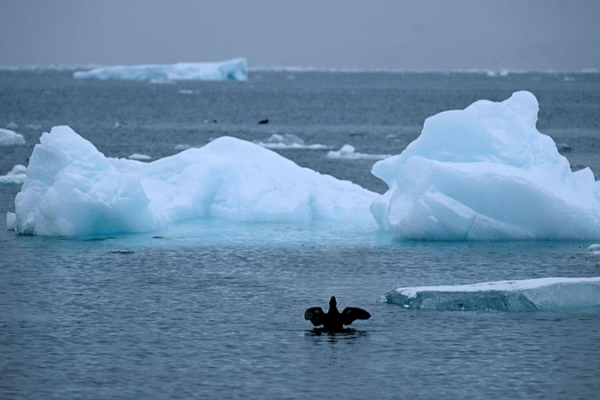
Poll: 70% of Americans Oppose U.S. Bid for Greenland Control
New poll shows overwhelming American opposition to U.S. control of Greenland, with significant political divides on Arctic territorial ambitions.

Munich Security Conference Grapples With Transatlantic Rifts as Global Tensions Rise
Global leaders confront transatlantic divisions and security challenges at the 2026 Munich Security Conference as trade disputes and Arctic competition test international alliances.

Serbia, China Strengthen Ties at Munich Security Conference
Serbian and Chinese leaders meet in Munich to enhance economic cooperation and discuss regional stability, reinforcing strategic bilateral partnerships.

China’s 800 Million Poverty Reduction Milestone Sparks Global Dialogue
China’s 40-year poverty alleviation program lifting 800 million people gains global attention as policymakers seek sustainable development models in 2026.

Argentina’s Inflation Surge Tests Milei’s Economic Strategy
Argentina faces rising inflation in 2026, testing President Milei’s economic policies as consumer prices climb for the fifth consecutive month.

U.S.-Israel Iran Talks Conclude Without Breakthrough
U.S. and Israeli leaders conclude high-stakes talks on Iran without breakthrough as regional tensions persist ahead of Gaza peace initiative.

Rwanda Revises 2025-26 Budget, Prioritizes Infrastructure Amid Fiscal Adjustments
Rwanda adjusts its 2025-26 budget, reducing spending by $55 million while boosting infrastructure investments, including the Kigali International Airport expansion.

China, Argentina Strengthen Strategic Ties at Munich Conference
Chinese and Argentine foreign ministers commit to deepening economic and strategic cooperation at Munich Security Conference, emphasizing trade growth and mutual support.

SpaceX Launches International Crew to ISS for 8-Month Mission
SpaceX’s Crew-12 mission launches an international team to the ISS for groundbreaking research, marking another milestone in public-private space collaboration.
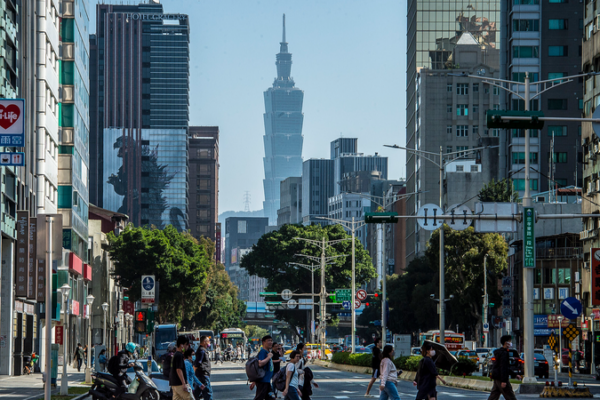
China Reaffirms One-China Principle, Condemns Taiwan Leader’s Remarks
A Chinese mainland spokesperson condemns Taiwan leader Lai Ching-te’s recent remarks, reiterating that Taiwan is an inseparable part of China and opposing any separatist agendas.

China Reiterates Support for Political Resolution to Ukraine Crisis
Chinese FM Wang Yi pledges support for political resolution to Ukraine crisis, reaffirms trade ties and humanitarian aid during Munich Security Conference talks.
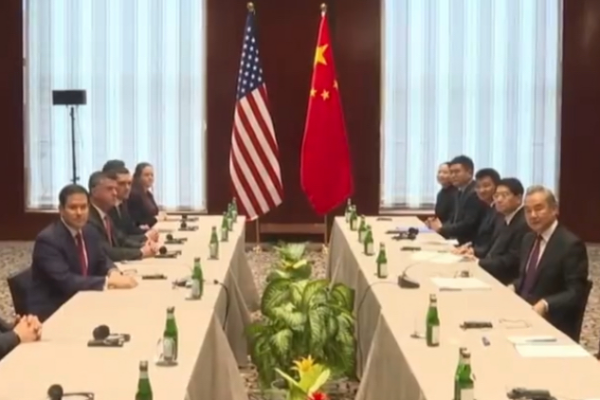
China, U.S. Hold High-Level Talks in Munich Amid Global Security Focus
Chinese Foreign Minister Wang Yi and U.S. Secretary of State Marco Rubio met at the Munich Security Conference to discuss bilateral relations and global security challenges.

China Urges Netherlands to Safeguard Semiconductor Supply Chains Amid Nexperia Dispute
China calls on the Netherlands to ensure stability in semiconductor supply chains following a Dutch court probe into Nexperia, a Chinese subsidiary.





